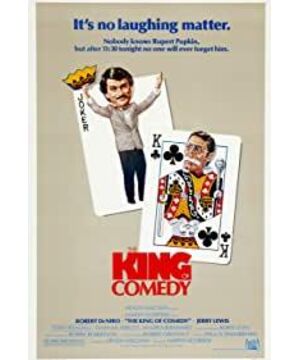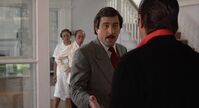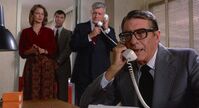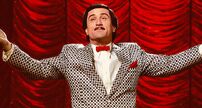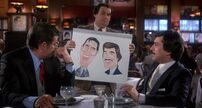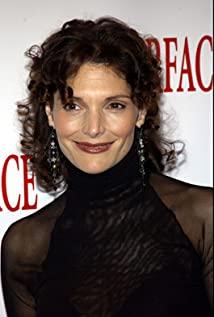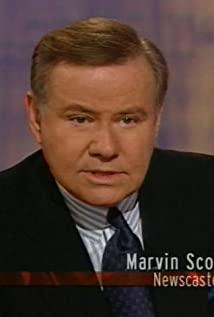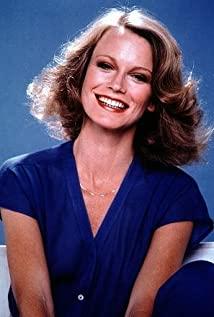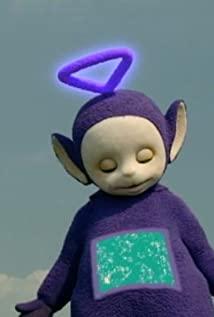The atmosphere of the whole film is suffocating depression. On the one hand, Rupert Pupkin's self-deceiving smile and words are so sad. On the other hand, Jerry's situation under the stage is in sharp contrast with that on stage. The harassment of fans, the pressure of viewing, and the urgency of creativity Encroaching on his life all the time, the two lines are interlaced and played uninterruptedly, pressing the audience's nerves in the simplest and crudest way. Tragedy on the left, tragedy on the right, you in the theater and they in the show business have nowhere to run.
Martin Scorsese's style is sharp and cold, not only at night, but also the absurdity behind the high-key and small light ratio during the day. Even though rupert's television lights are so bright, his face seems to have no shadows to hide, and his exaggerated smile seems so cheerful, the core of the absurd makes this superficial exaggeration all the more acute. His words were taken as a joke, his smile was stupid, his demands were unsatisfactory, a naive person didn't take social obstacles in his eyes at all, so he was realizing an unattainable thing. Things hit a wall many times, because in the eyes of ordinary people, he knew that it was impossible, and he was the only one who didn't think so. At the same time, such a person is also terrifying. His innocence makes him blindly ask for it. His exaggerated smile is the means of obtaining it. He points a gun at the object of conversation in the opposite direction, and announces to the other party in an oppressive way, "I want this, and you Must give it to me." His so-called "friendly" words are just another gun, binding his relationship with the person he talks to as a "friend", so he can do whatever he wants as a "friend". So the seemingly relaxed performance is the sharpest weapon, and the exaggerated smile is even sharper in the harmonious picture. In this film, I did not experience humor, only the blackness that runs through the whole film.
The reason why only two stars is given is because there is no clever conflict. I saw De Niro act crazy for more than half of the film, but there was no positive feedback to speak of, only a neurotic who kept getting ahead in the tolerance given by others, so that he couldn't look directly. This kind of plot reminds me of Parasite, and it also makes me feel too embarrassed to look directly at the middle of the plot. The difference is that the King of Comedy is a clown's intensification of his humiliating behavior, while Parasite is a turning point after a good plot. Let the plot fall into endless absurd blood.
In my opinion, the single oppressive black look of the King of Comedy lacks the most blank space. The protagonist does not have any compromise, harvest or thinking in the middle, but rushes all the way to the absurd end like a self-destructing truck.
View more about The King of Comedy reviews


